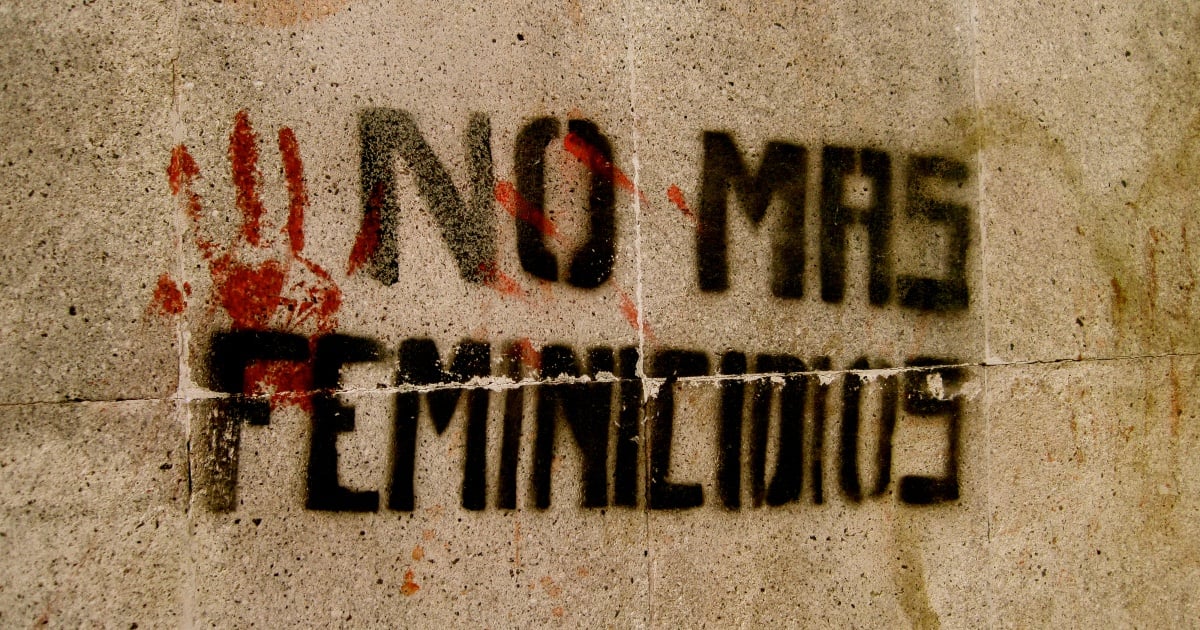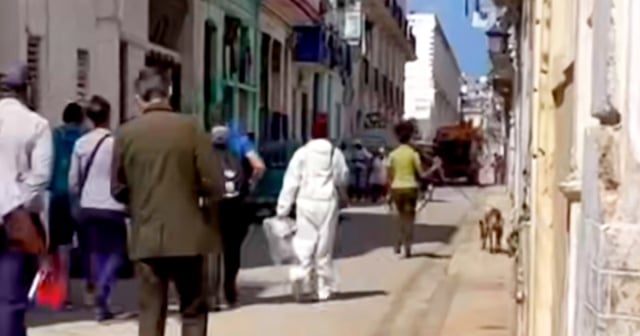
The Federation of Cuban Women (FMC) acknowledged that nearly 10,000 families and more than 16,000 women and girls are living in situations of violence in the country.
In statements to the official newspaper Granma, Teresa Amarelle Boué, general secretary of the FMC, made this assertion while identifying 9,579 families under that situation and mentioned that they seek to strengthen the mechanisms for attention and detection of cases.
According to Boué, they are working with the Attorney General's Office to implement an "interoperable administrative registry" that will allow for tracking, monitoring, and real-time information on gender-based violence.
A week ago, in an interview with Dania Rodríguez and Omaida Hernández, the heads of international relations for the organization, both admitted that there is an increase in gender-based violence in Cuba and that there is a lack of awareness on the issue.
"This year, and especially since the pandemic, there has been an increase in gender violence and femicides," said RojoyNegro Cgt, spokesperson for the Spanish General Confederation of Labor (CGT).
"The first measure that can be taken against abusive individuals is to deprive them of liberty for up to 30 years and even with life imprisonment if they are repeat offenders," they stressed.
At the beginning of August, the regime reported that 110 women were murdered by their partners or ex-partners in 2023, according to data from the Cuba Gender Equality Observatory.
This figure corresponds to cases judged in the past year and excludes victims under 15 years old, while according to the EFE agency, the rate of femicides in Cuba is the sixth highest in Latin America and the Caribbean, based on records of gender-based murders from CEPAL in 2022.
It is worth noting that although the Integral Strategy for the Prevention and Attention to Gender-based Violence has been approved, there is still no comprehensive prevention law in Cuba.
Moreover, despite the increase in cases of violence, the FMC continues to focus on the prevention and empowerment of women under the slogan "Zero Tolerance," noted the digital site Cubanet.
Independent media confirmed last Saturday the discovery of the body of 20-year-old Lianet Núñez Pérez, a resident of the Jesús María neighborhood in Old Havana, who had been reported missing since Friday.
Lianet, last seen on the night of Thursday, August 22, was found dead with signs of strangulation, an act presumably committed by her boyfriend, reported independent journalist Irma Broek on Facebook.
What do you think?
COMMENTFiled under:






